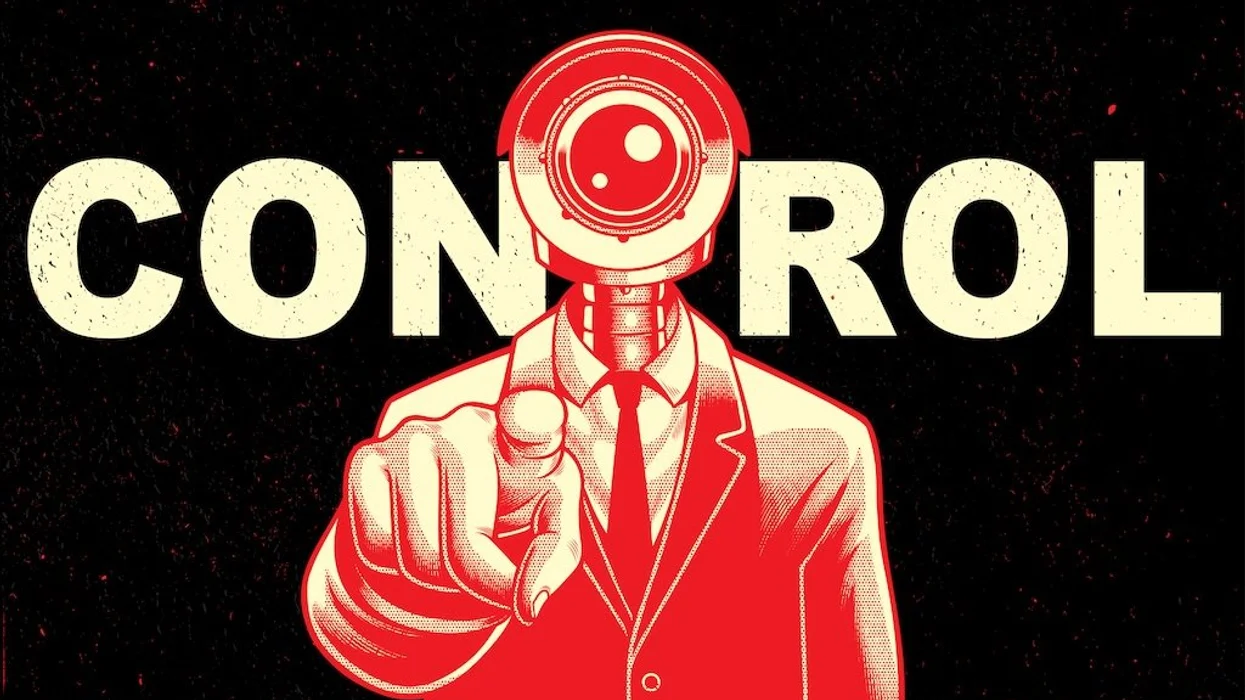
© 2025 Blaze Media LLC. All rights reserved.
"Defeated and retiring lawmakers paid an average bonus of about $4,000."
Let's role play a little situation. (Try not to make the obvious comparisons to Congress.)
- Your company is hemorrhaging cash, falling deeper into debt than even your accountants can imagine.
- You choose to INCREASE spending, claiming "ya gotta spend money to make money."
- You are also so busy arguing with middle management that you can't find time to make a budget that might get you back on track.
- It appears that your job is about to be eliminated.
- There is only one thing left to do - give bonuses to as many employees as possible!
Here's the assignment -- explain your actions to shareholders. They are especially interested in hearing your thought process on the bonuses.
If the exercise seems to be too far removed from reality and you might argue that it is a waste of time, think again. This is exactly what happened in Congress last year. House members, both Democrats and Republicans, paid large bonuses to staff members.
Richard Simon of the Los Angeles Times reports:
Even as deep federal budget cuts loomed at the end of last year, members of Congress from both parties paid taxpayer-funded bonuses to their staffs.Overall, House members spent about $21.5 million more on their office payrolls for the fourth quarter of 2010, when bonuses are traditionally paid, than they spent for the average of the three previous quarters, according to LegiStorm, a Washington group that tracks congressional pay.
Defeated and retiring lawmakers paid an average bonus of about $4,000. Returning lawmakers paid an average $2,300, the group found.
Representatives contacted for the story vigorously defended the payment of bonuses, some with curious logic. Consider the thoughts of California Congressman Mike Honda:
"Recruiting quality staff for quality constituent services is difficult enough given limited resources," said Rep. Mike Honda (D-San Jose), who paid an average bonus of about $3,700. "Skimp on salaries further and you will skimp on constituent services, to the detriment of the district."
Among the 53 member of the California Congressional delegation, Honda was not alone as the staff of 20 California Congressional offices we paid bonuses. Meanwhile, the state of California faced a similar budget crisis as the country, but the governor did not pay bonuses, opting instead to furlough employees. The Furlough Friday Program cost workers an average of 18 paid days in both 2009 and 2010.
As another example of just how oblivious Congress seems to be to the dire reality of our financial crisis, is it any wonder that voters have such a low opinion of elected officials? A recent Rasmussen Poll shows a whopping 9% of voters think Congress is doing a good or excellent job, and 50% rate Congressional job performance as "poor."
Want to leave a tip?
We answer to you. Help keep our content free of advertisers and big tech censorship by leaving a tip today.
Want to join the conversation?
Already a subscriber?
more stories
Sign up for the Blaze newsletter
By signing up, you agree to our Privacy Policy and Terms of Use, and agree to receive content that may sometimes include advertisements. You may opt out at any time.
Related Content
© 2025 Blaze Media LLC. All rights reserved.
Get the stories that matter most delivered directly to your inbox.
By signing up, you agree to our Privacy Policy and Terms of Use, and agree to receive content that may sometimes include advertisements. You may opt out at any time.





